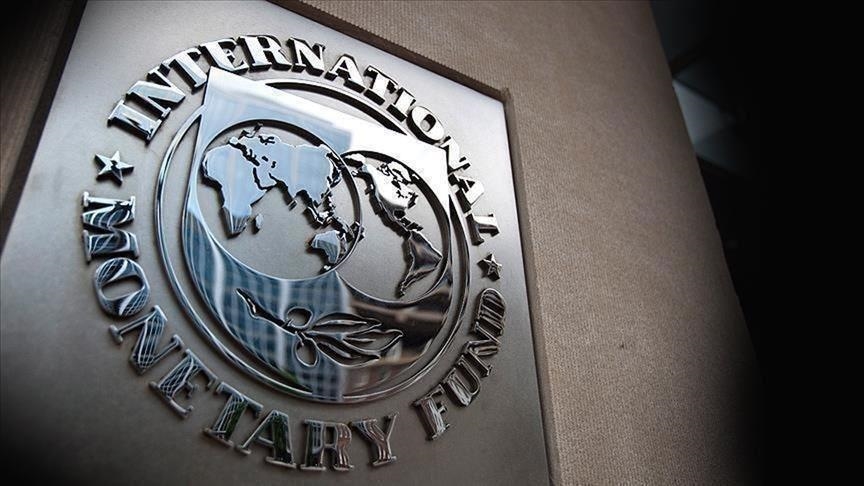KARACHI, Pakistan
Pakistan and the International Monetary Fund (IMF) have reached a $3 billion stand-by arrangement, a long-awaited development to keep the country’s economy afloat.
The deal, subject to approval by the IMF board in July, will help prop up the South Asian country’s depleting foreign reserves, and contain a mounting balance of payment crisis.
The $3 billion funding, which comes after an eight-month delay, is higher than the remaining $2.5 billion from a $6.5 billion bailout package agreed in 2019, which expired on Friday.
IMF official Nathan Porter said the arrangement builds on the 2019 program, adding that given the “external shocks” Pakistan has faced such as last year’s devastating floods and an international commodity price spike, the agreement would provide a “policy anchor and a framework for financial support from multilateral and bilateral partners in the period ahead.”
To secure the funding, Islamabad reversed subsidies in power and export sectors, hiked energy and fuel prices, and increased the key policy rate to 22%. It also implemented a market-based currency exchange rate, all of which led the inflation rate to reach a record 38% in May.
Prime Minister Shehbaz Sharif on Friday said the arrangement, spread over nine months, will help strengthen Pakistan’s foreign reserves, besides enabling it to achieve “economic stability” and putting the country on the path of “sustainable” economic growth.
He will address a news briefing along with Finance Minister Ishaq Dar later in the day “to take the nation into confidence” over the pact, according to Information Minister Marriyum Aurangzeb.

